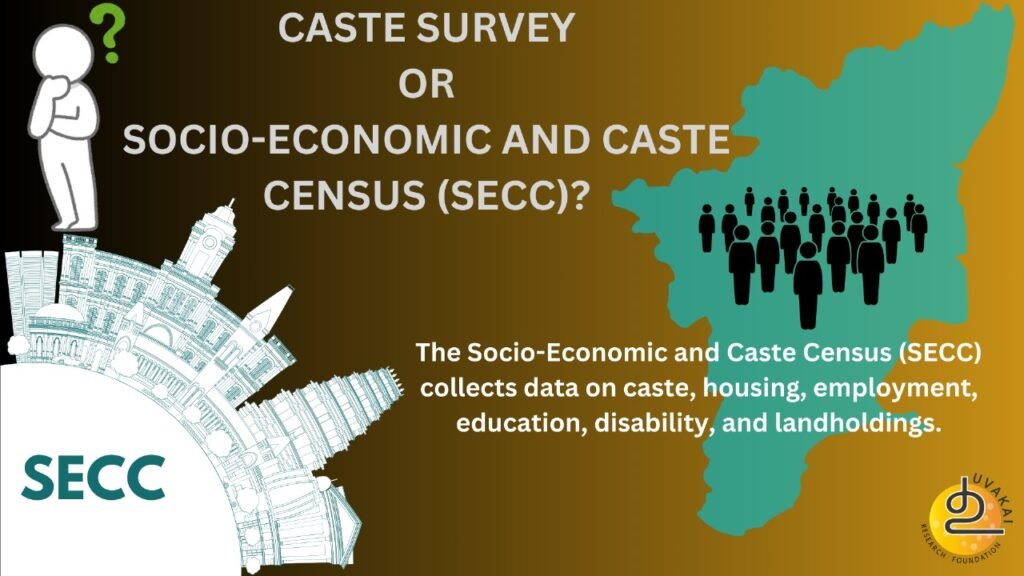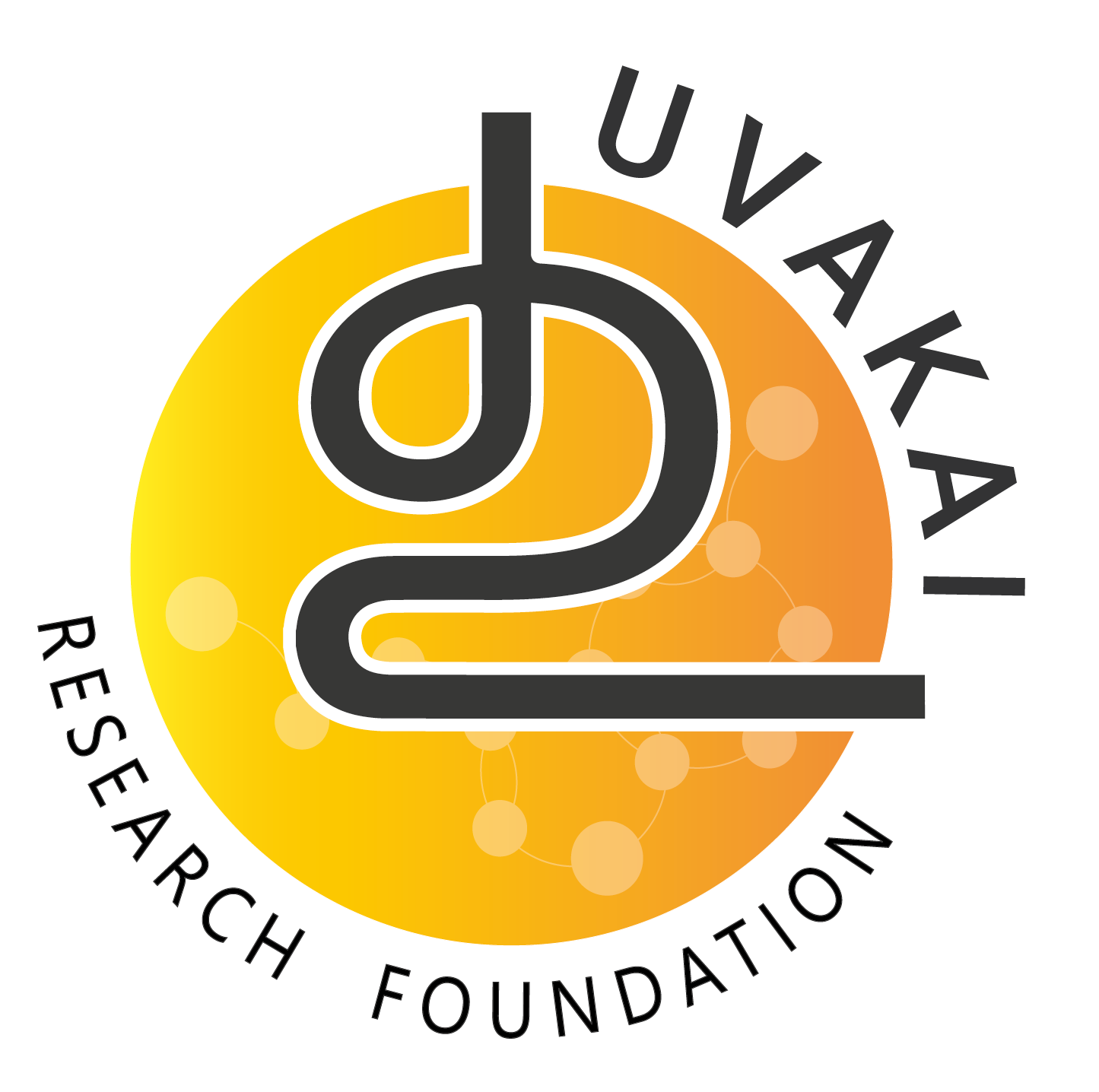
The Socio-Economic and Caste Census (SECC) remains a critical tool for shaping welfare and development policies in India. Yet, its implementation continues to be the subject of contentious debates. Questions persist about whether Tamil Nadu, a state often hailed as a pioneer in progressive policies, will conduct such a survey. Some argue it may never happen.
The Constitution of India, in its essence, promises social equity, and the United Nations Sustainable Development Goals (SDGs) emphasize that “no one should be left behind.” Over the decades, numerous policies have been framed, investments made, and initiatives implemented to empower marginalized communities. However, after 77 years of independence and 74 years since the Constitution came into effect (January 26, 1950), a crucial question lingers: Have we achieved social equity?
𝘼𝙨𝙨𝙚𝙨𝙨𝙞𝙣𝙜 𝙩𝙝𝙚 𝙋𝙧𝙤𝙜𝙧𝙚𝙨𝙨
The opportunities provided in education, employment, and financial support to uplift historically oppressed communities have yielded some results. But have these efforts delivered the intended outcomes? Have we, as a nation, judiciously utilized taxpayers’ hard-earned money to empower those who truly deserve it?
This is not merely a political or economic question—it is a moral imperative. Where are we now in our journey towards social equity? How far do we need to go? When will we achieve the saturation point where every individual can confidently say, “We are fine, we can take care of ourselves, and we are ready to contribute to the nation”?
𝘼 𝙏𝙞𝙢𝙚 𝙩𝙤 𝙍𝙚𝙛𝙡𝙚𝙘𝙩 𝙖𝙣𝙙 𝙍𝙚𝙖𝙨𝙨𝙚𝙨𝙨
Creating wealth and contributing to national development is everyone’s responsibility. However, we cannot indefinitely keep one sector of society on the receiving end. It is time to stop, think, and assess whether the investments made over decades have achieved their intended purpose.
Have we reached a stage where we need to redefine our policies and reassess reservations? When do we declare that the frameworks for upliftment have served their purpose, allowing us to focus on empowering the nation as a whole?
The SECC is not just a caste survey, as often misunderstood and debated—it is a socio-economic survey, caste-wise, designed to evaluate whether our policies and investments have borne fruit. It seeks to answer the most pressing question: Are we on the right path to achieving social equity?
𝙇𝙚𝙖𝙧𝙣𝙞𝙣𝙜 𝙛𝙧𝙤𝙢 𝘽𝙞𝙝𝙖𝙧
Bihar recently conducted an SECC survey but released only the caste data while withholding the socio-economic findings. This incomplete disclosure defeats the purpose of the exercise. Caste data alone cannot provide a holistic understanding of the socio-economic realities. Without integrating both dimensions, policymaking remains blind to the nuances of deprivation and progress.
𝙒𝙝𝙮 𝙏𝙖𝙢𝙞𝙡 𝙉𝙖𝙙𝙪 𝙈𝙪𝙨𝙩 𝘼𝙘𝙩 𝙉𝙤𝙬
Every policy, every rupee spent, every investment made using taxpayers’ money must be redistributed judiciously. It is essential for Tamil Nadu to take the lead in conducting the SECC, combining caste and socio-economic data, without further delay. Such a survey will:
Measure Outcomes: Evaluate whether the funds allocated for affirmative action and welfare have achieved their goals.
Ensure Accountability: Promote transparency in the utilization of public resources.
Inform Policies: Help redefine and fine-tune welfare policies based on empirical evidence.
𝙒𝙝𝙖𝙩 𝙞𝙨 𝙣𝙚𝙭𝙩?
This is not about perpetuating divisions or questioning the validity of past efforts. It is about understanding the present, assessing whether our strategies have worked, and charting a course for the future. Tamil Nadu has a legacy of championing social justice and progressive policies. By conducting a comprehensive SECC, the state can set an example for the rest of the country, proving that equity is not a static goal but an evolving journey.
𝘐𝘵 𝘪𝘴 𝘵𝘪𝘮𝘦 𝘧𝘰𝘳 𝘛𝘢𝘮𝘪𝘭 𝘕𝘢𝘥𝘶 𝘵𝘰 𝘳𝘪𝘴𝘦 𝘢𝘣𝘰𝘷𝘦 𝘵𝘩𝘦 𝘥𝘦𝘣𝘢𝘵𝘦𝘴 𝘢𝘯𝘥 𝘵𝘢𝘬𝘦 𝘥𝘦𝘤𝘪𝘴𝘪𝘷𝘦 𝘢𝘤𝘵𝘪𝘰𝘯. 𝘛𝘩𝘦 𝘚𝘌𝘊𝘊 𝘪𝘴 𝘯𝘰𝘵 𝘮𝘦𝘳𝘦𝘭𝘺 𝘢𝘯 𝘦𝘹𝘦𝘳𝘤𝘪𝘴𝘦 𝘪𝘯 𝘥𝘢𝘵𝘢 𝘤𝘰𝘭𝘭𝘦𝘤𝘵𝘪𝘰𝘯; 𝘪𝘵 𝘪𝘴 𝘢 𝘳𝘦𝘧𝘭𝘦𝘤𝘵𝘪𝘰𝘯 𝘰𝘧 𝘰𝘶𝘳 𝘤𝘰𝘭𝘭𝘦𝘤𝘵𝘪𝘷𝘦 𝘤𝘰𝘮𝘮𝘪𝘵𝘮𝘦𝘯𝘵 𝘵𝘰 𝘢 𝘫𝘶𝘴𝘵 𝘢𝘯𝘥 𝘦𝘲𝘶𝘪𝘵𝘢𝘣𝘭𝘦 𝘴𝘰𝘤𝘪𝘦𝘵𝘺.
